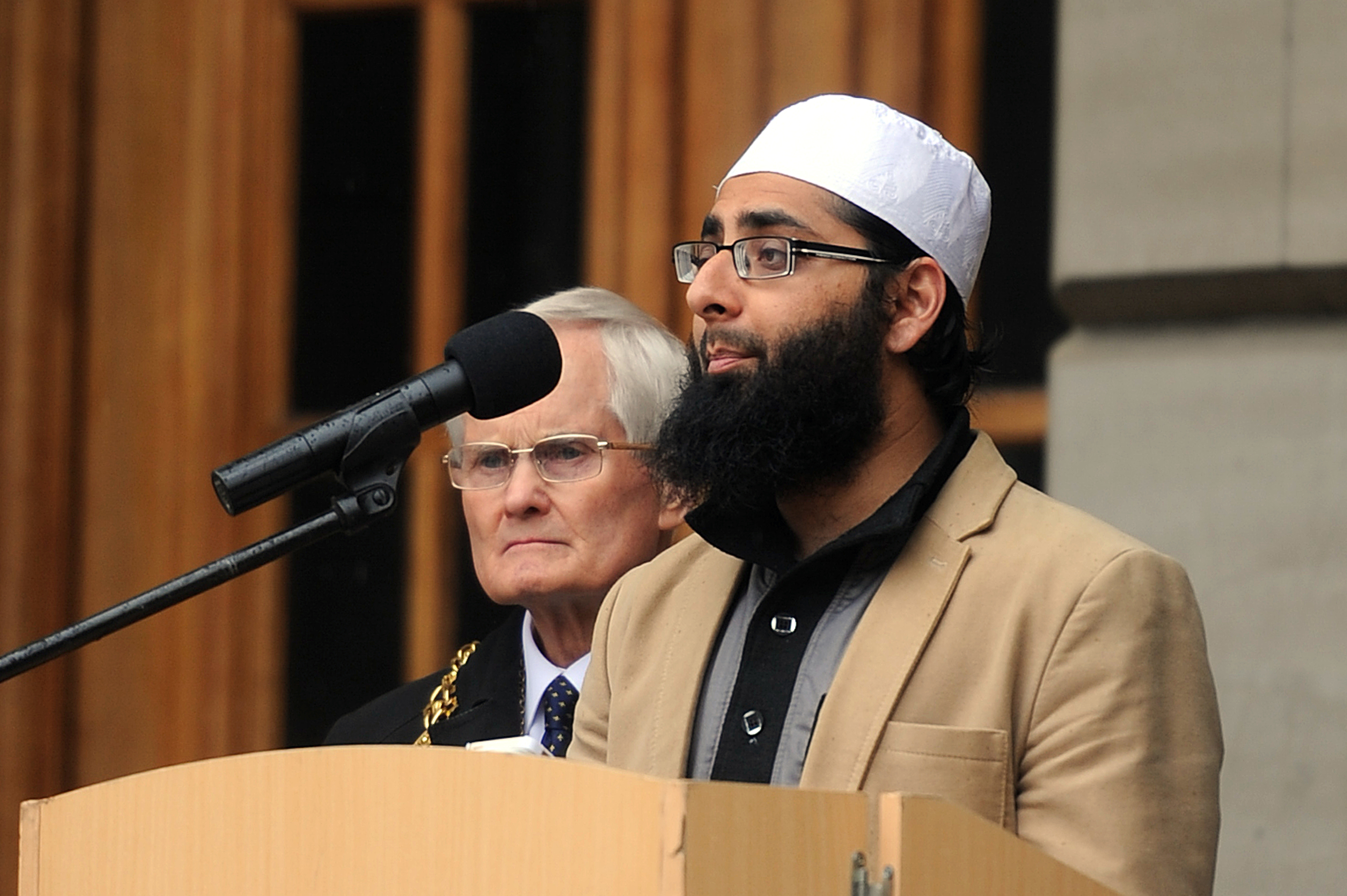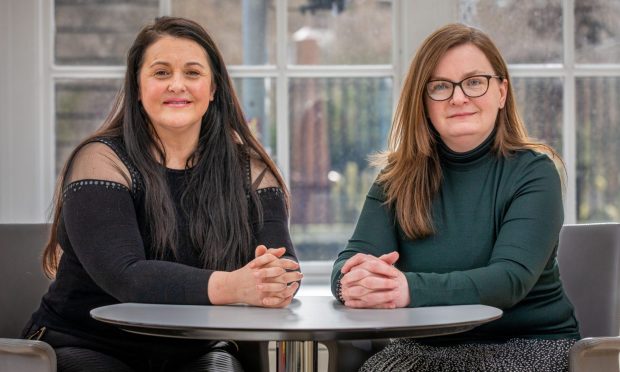Dundee’s new Lord Provost Ian Borthwick has not had the most enjoyable start to his role as the city’s civic leader.
He has had to preside over two separate minute’s silences for the victims of two barbarous acts of terrorism.
The first followed the Manchester Terror attack in May and then, just a fortnight later, there was another memorial, this time for those killed and injured in London at the start of the month.
There have been three terrorist attacks in the UK since March, all carried out by Islamist extremists.
Murder may have been the attackers’ primary aim but they also want to drive a wedge between communities.
They want to foment distrust of Muslims and create a situation where Muslims feel victimised – either by the security services or the public in general – and therefore easier to radicalise.
The terrorists, of course, claim they are acting in the name of Islam. Whether they genuinely believe that is less important than whether non-Muslims believe they are.
The more a community is demonised, the more fertile the ground for the seeds of extremism.
It’s a dangerous situation. Police Scotland’s plan for Dundee over the next three years has already warned that “community cohesion” is at risk as a result of terror attacks.
But it’s clear Muslim leaders in Dundee have no patience for those who murder in the name of their faith.
A succession of leading figures in the Muslim community have not just condemned the attackers but done so in language stronger than ever used before.
Bashir Chohan, the chairman of Dundee Islamic Society, branded the London murderers as “mindless barbarians” but it was Imam Hamza from Dundee Central Mosque who made the strongest statement following Tuesday’s minute’s silence.
He said preachers who attempt to radicalise Muslim youths should “change your hate-filled ranting or leave the country” and said their actions “make a mockery of Islam”.
The general election has dominated the headlines for most of the week and divided the country along party political lines. But it is worth remembering that in the face of the outrages of Manchester and London people across the UK, of different races, religions and political outlook, shared the same response of sorrow, revulsion and anger.
Hate preachers like Anjem Choudary inevitably attract more attention because of the evil and depravity of their message.
People like that must not be allowed to hijack an entire religion for their own twisted ends, which is why voices like Imam Hamza’s must be heard more in the months and years ahead.










